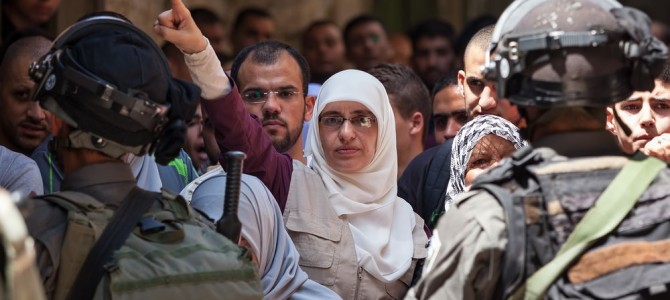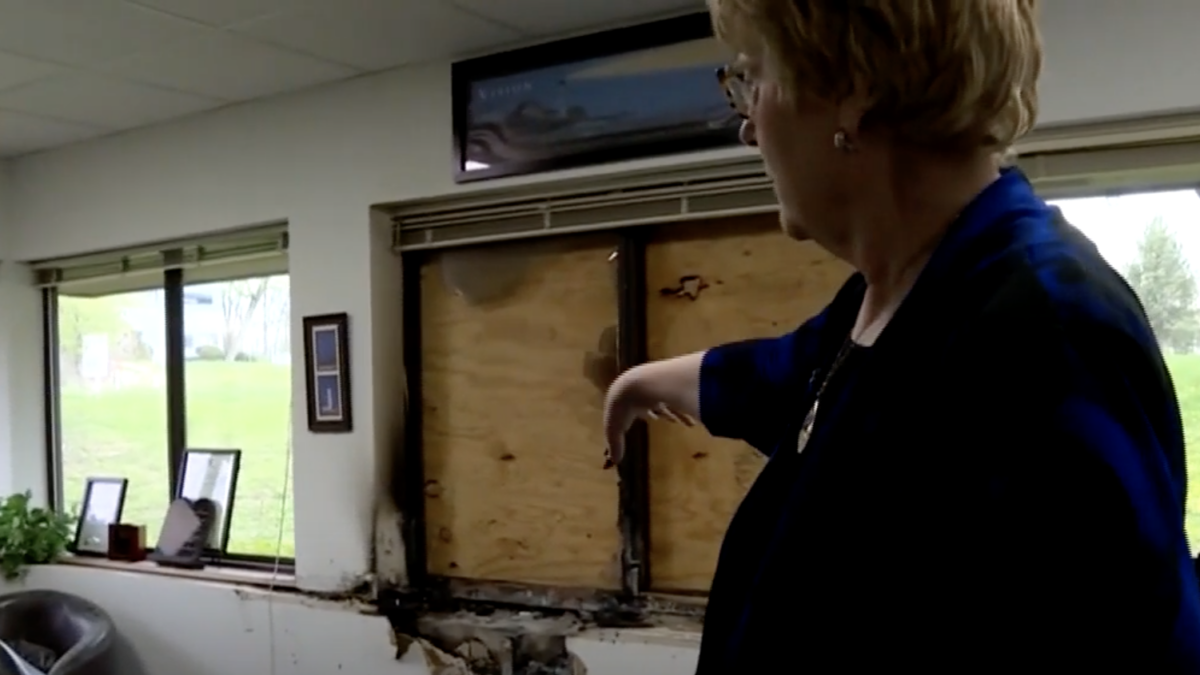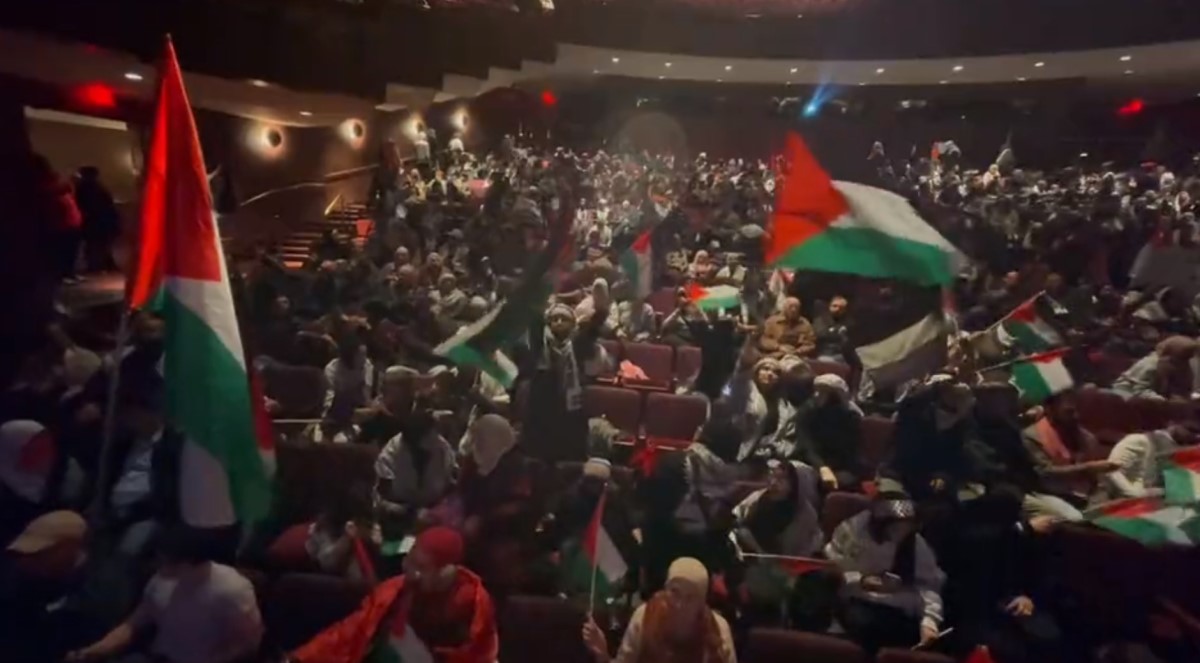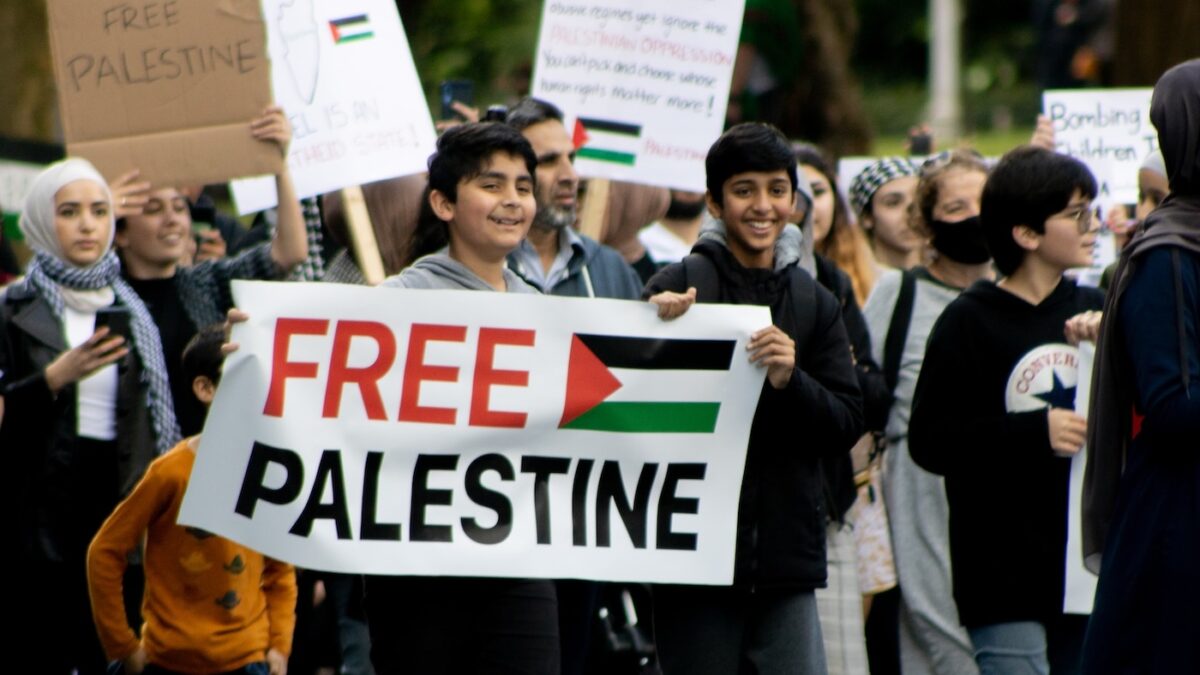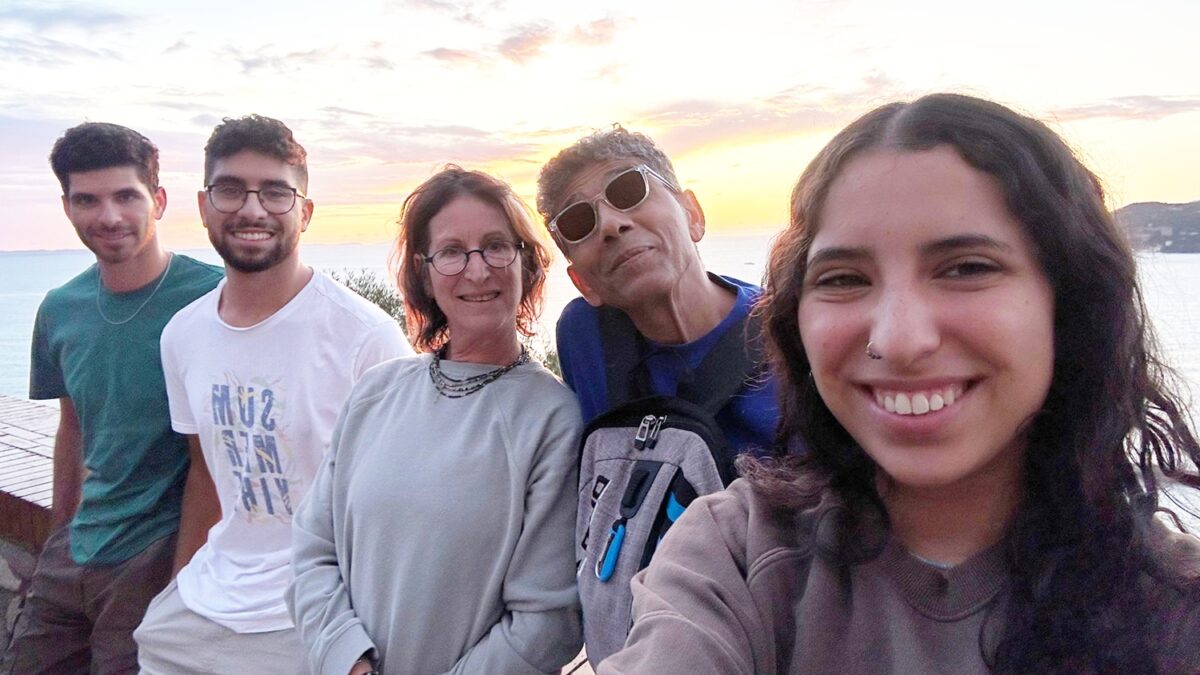In the wake of Tuesday’s deadly terror attack in Brussels, presidential candidate Ted Cruz issued a statement calling on a renewed effort to oppose Islamic terrorism, and warning against what he described as Europe’s “toxic mix” of migrants infiltrated by terrorists and “isolated radical Muslim neighborhoods.”
The threat these neighborhoods pose to both public safety and social cohesion has been well-identified, even if disputes over the use of terms like “no-go zone” have been heated. They are largely abandoned by European law enforcement and left to the devices of a mixture of criminal gangs and Islamist imams.
In the terror attack in Brussels, the neighborhood in question is Molenbeek, where Paris massacre terrorist Salah Abdelslam was captured following a major shootout between gunmen and Belgian counterterror forces. Media outlets ranging from the reliably left Atlantic, to NBC News and the Telegraph, to the more conservative Fox News have all explored Molenbeek’s role as neighborhood where criminal gangs and Islamic jihad intermix.
None seem to dispute that Molenbeek is a problem for Belgian security. So who would be surprised by Cruz’s suggestion to “empower law enforcement to patrol and secure Muslim neighborhoods before they become radicalized”?
CAIR Constantly Opposes Anti-Terrorism Efforts
Enter the Council on American Islamic Relations (CAIR). CAIR rapidly charged that Cruz’s suggestion that Muslim neighborhoods ought not be left to the ravages of Islamic radicals was “Islamophobia.” This is par for the course for the Hamas-linked CAIR, which has never met a law enforcement effort against terrorism that it didn’t oppose.
CAIR is notorious for urging Muslim community members not to talk to law enforcement. In 2009, while Somali residents of Minneapolis were desperate for law enforcement assistance in dealing with imams recruiting their children for the terrorist group Al Shabaab, CAIR intervened.
As Abdirizak Bihi, a Somali activist testified to Congress: “CAIR held meetings for some members of the community and told them not to talk to the FBI, which was a slap in the face for the Somali American Muslim mothers who were knocking on doors day and night with pictures of their missing children and asking for the community to talk to law enforcement about what they know of the missing kids.” CAIR later attacked Bihi as an “Islamophobe.”
CAIR officials have even threatened Muslims who work with law enforcement, with one-time CAIR chapter leader Cyrus McGoldrick warning that “snitches get stitches.”

Elsewhere, McGoldrick threatened a suspected informant on his Facebook page, claiming he intended to “blast him later,” an ominous reference that probably referred to exposing the suspected informant publicly. In one California case, CAIR held a press conference to elicit information about the identity of an FBI informant in an anti-terrorism case.
The End Result Is More Radicalized Locales
To the extent law enforcement must be “empowered” to patrol and secure Muslim neighborhoods (as it does all literally all other neighborhoods in America), it’s because of the constant effort by CAIR and its allies to disrupt and eliminate counterterrorism efforts. Such disruptions include successfully pressuring the city of New York to abandon a successful New York Police Department intelligence program because it targeted a number of mosques, even though the NYPD was able to demonstrate that the surveillance targets were the focus of legitimate investigations involving criminal and terrorist activity.
CAIR doesn’t only oppose U.S. law enforcement patrolling Muslim neighborhoods, but it opposes U.S. law enforcement even knowing where Muslim neighborhoods are, which is why it bitterly fought and successfully killed a Los Angeles Police Department project to map the demographics of Muslim neighborhoods. The LAPD intended to use the project to conduct outreach and better understand community needs, not to profile, but CAIR and its allies nixed the plan anyway.
Ultimately, CAIR’s end goal isn’t preventing American Molenbeeks but rather creating them. Muslim communities alienated from law enforcement and the wider American society, totally reliant on Islamist groups like CAIR for representation, is CAIR’s end goal. That’s why it continually invokes the risible claim that America is “at war with Islam,” and seeks to portray all law enforcement as villains who frame innocent Muslims, rather than trying to protect Americans, Muslim and non-Muslim alike, from the threat of Islamic terrorism.
